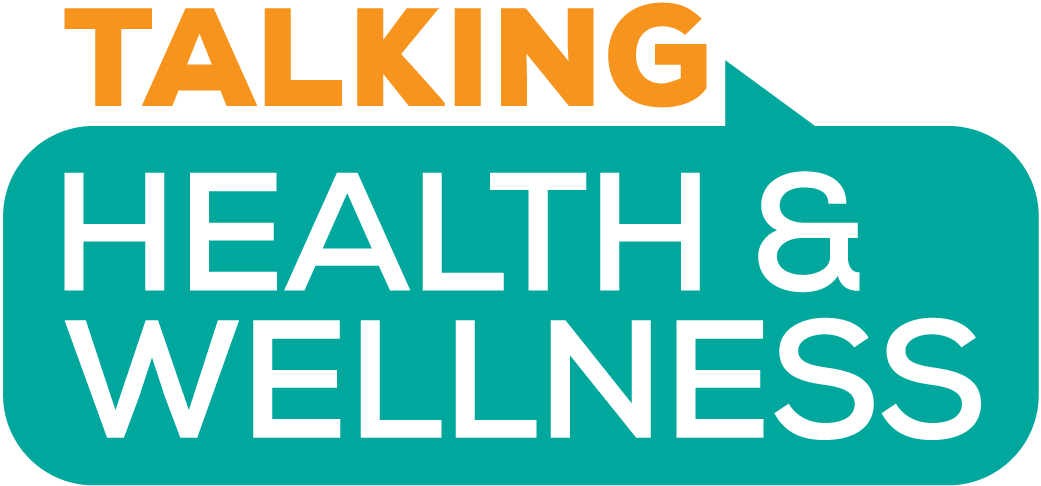Extra Sleep on Weekends Could Lower Heart Disease Risk
A recent study suggests that getting extra sleep over the weekend could potentially reduce the risk of heart disease by up to 20%. The research, presented by the State Key Laboratory of Infectious Disease in China, indicates that compensating for lost sleep on weekends may offer cardiovascular benefits.
Sleep “Catch-up”
Sleep deprivation, typically defined as getting less than seven hours per night, is linked to various health issues, including an increased risk of cardiovascular problems. The study utilized self-reported data from over 90,000 participants in the UK Biobank project, categorizing them into groups based on their levels of “catch-up” sleep. The study found that those who managed to get the most compensatory sleep on weekends were 19% less likely to develop heart disease compared to those who got the least amount.
Despite these findings, experts caution that using weekend sleep as a remedy for chronic sleep deprivation may not be a sustainable strategy. Rigved Tadwalkar, MD, a board-certified cardiologist at Providence Saint John’s Health Center in Santa Monica, CA, expressed surprise at the study’s results. He noted that the ability of the body to recover from sleep deprivation is significant, but emphasized the importance of regular, quality sleep throughout the week.
Melanie Murphy Richter, MS, RDN, a registered dietitian and director of communications at Prolon, also weighed in on the topic. She acknowledged that catching up on sleep can be beneficial in the short term but stressed that it is not a substitute for consistent, high-quality sleep. Richter explained that chronic sleep deprivation can lead to stress hormone imbalances, metabolic disruptions, and inflammation, which are not easily resolved by additional weekend sleep. She advised maintaining a regular sleep schedule as the best approach for long-term health.
Impact of Sleep on Heart Health
Sleep plays a crucial role in cardiovascular health by aiding in the repair and rebuilding of heart vessels, as well as regulating blood pressure, blood sugar levels, and inflammation. Chronic sleep deprivation can disrupt the body’s circadian rhythm, affecting hormone production and increasing the risk of insulin resistance and other cardiovascular issues.
Tadwalkar added that inadequate sleep can elevate stress hormones like cortisol, contributing to heart problems. Although catching up on sleep can help lower these levels and normalize blood pressure and heart rate, consistent, quality nighttime sleep remains the most effective strategy for overall health.
Things to Consider
While naps can provide temporary relief and energy boosts, Richter highlighted that they are not a long-term solution for sleep deprivation. The body’s most restorative processes occur during uninterrupted nighttime sleep, making it essential to prioritize a regular sleep routine. She also noted that nutrition plays a role in establishing good sleep patterns and maintaining heart health. She suggested that supplements like melatonin and magnesium, along with sleep-supportive foods, can be beneficial, but should be used with caution and medical advice.
Source: https://www.medicalnewstoday.com/articles/catching-up-weekend-sleep-lower-heart-disease-risk-study

